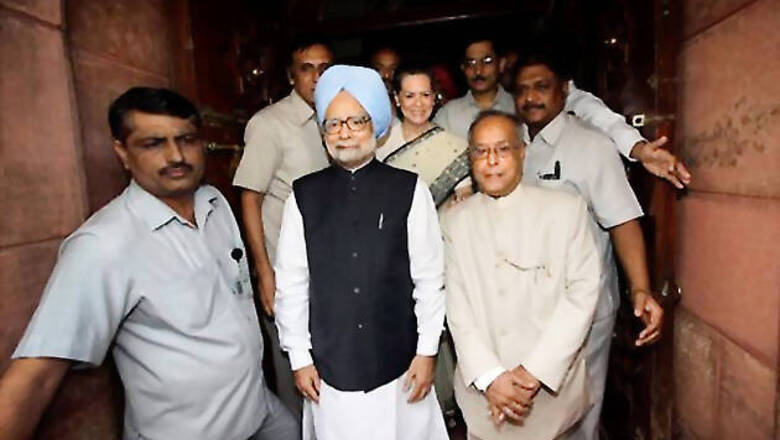
views
New Delhi: Presidential elections have never had the same mystique and aura as a Lok Sabha or state Assembly election as the post is largely ceremonial and the candidate supported by the Central Government is assured of victory. But given the political developments in the country over the couple of years, the general policy paralysis and lack of governance, it was clear the 14th Presidential Election was not going to follow the traditional pattern.
While Congress-led United Progressive Alliance candidate Pranab Mukherjee easily won the election, defeating the Bharatiya Janata Party-led National Democratic Alliance nominee PA Sangma and will take over as the 13th President of India on July 25, the entire campaign was highly political, which would even give a Lok Sabha or Assembly election candidate several valuable lessons.
As Pratibha Devisingh Patil’s tenure came to an end, the race to elect the 13th President with an eye of the political permutation and combination as it gave an opportunity to both the UPA and the NDA to get their houses in order and hunt for new allies.
After the 2009 Lok Sabha elections, the political battles in Assembly elections had shown that the Congress as well as the BJP was getting increasingly dependent on the regional parties. So the presidential election gave the two major political parties a chance to get more supporters even though the resident of Raisina Hills is supposed to be apolitical.
So from the very beginning Presidential Election 2012 was going to be bitter political battle with an eye on 2014 Lok Sabha Elections.
Only once before the presidential election had generated much heat and debate when in 1969 the then prime minister Indira Gandhi did not want party's official candidate and Lok Sabha Speaker Neelam Sanjeev Reddy to become the President. She knew that Reddy was fiercely independent and had his own mind. The shrewd politician Indira Gandhi secretly asked the then Vice-President VV Giri to contest against party's official candidate Reddy.
Protesting that he had been unjustly ignored Giri resigned and announced that he would contest as an independent candidate. The infuriated Indira camp immediately rallied around him in the name of "conscience vote".
Giri finally won by a narrow margin on the basis of second preference votes defeating Sanjeev Reddy.
Now in the 2012 presidential election, the UPA dithered for a long time on naming its candidate. Even the NDA kept a studied silence on the matter while former Lok Sabha Speaker PA Sangma jumped into the fray after securing the support of two strong regional parties - Biju Janata Dal (BJD) and All India Anna Dravida Munnetra Kazhagam (AIADMK).
With the two political formations - UPA and NDA - involved in several bitter battles, the presidential race was always going to be acrimonious affair.
But what happened on June 13, 2012 stumped even veteran politicians when soon after meeting Congress President Sonia Gandhi, the maverick West Bengal Chief Minister and Trinamool Congress supreme Mamata Banerjee declared that the tem finance minister Pranab Mukherjee and Vice-President Hamid Ansari were the Congress’s choice.
Mamata then met Samajwadi Chief Mulayam Singh Yadav and rejected Congress’s choices and instead named former President APJ Abdul Kalam, former Lok Sabha Speaker Somnath Chatterjee and in what was the most surprising name also included Prime Minister Manmohan Singh in the list of candidates that she said were her nominees.
The Mamata-Mulayam press conference shocked the UPA into a deathly silence while the NDA chuckled at the discomfiture of its political adversary.
But it took the Congress less than 24 hours to land a knock-out counter punch on Mamata when it managed to get Mulayam back Mukherjee. While Mamata failed to counter Mulayam’s U-turn and Congress’s manoeuvring, the UPA went into an overdrive and managed to get several bitter political rivals to support Mukherjee.
Mukherjee’s candidature also managed to drive a wedge in the NDA as two of its key constituents – the Shiv Sena and the Janata Dal (United) – also coming out in his favour. JD (U)’s arch rival in Bihar the Rashtriya Janata Dal, Bahujan Samaj Party and even some constituents of the Left Front backed Mukherjee given an indication that if the situation demands then a major political realignment can be worked out if every one gets a fair share of the spoils.
While the NDA belatedly announced its support for Sangma, Mamata continued to tread alone and announced that her party would back Kalam, who had made it clear that he would contest only is he was sure about winning.
But given the political climate, it was clear that Kalam stood no chance and he wisely pulled out leaving Mamata with no option. She finally decided to support Mukherjee after it became clear that her opposition was only isolating the Trinamool Congress in the UPA.
Even though Sangma never stood a chance given the fact that presidential elections is decided on the basis of parties’ strength, his candidature did give a glimpse of what could be in store when the next Lok Sabha elections are held.
By accusing the UPA of indulging in unfair practices and saying that the election was not fair and the country had lost a great opportunity to elect a tribal President, Sangma has hinted that even though he may have lost by a huge margin, the political battle was not yet over.










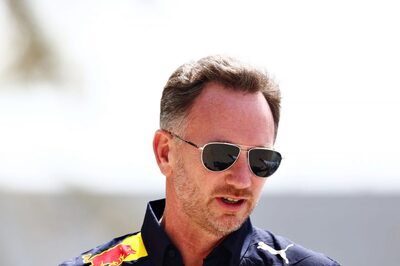
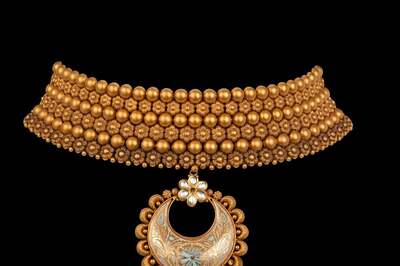

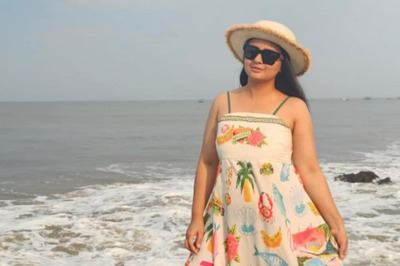

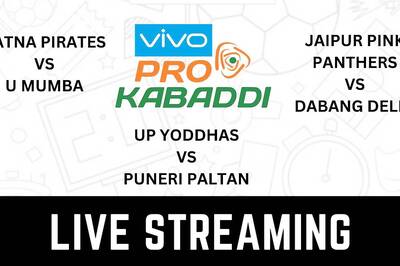

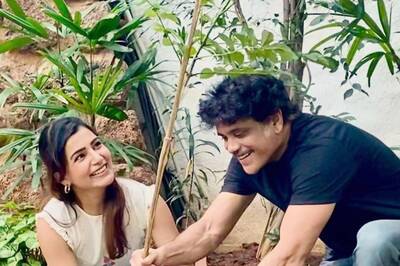
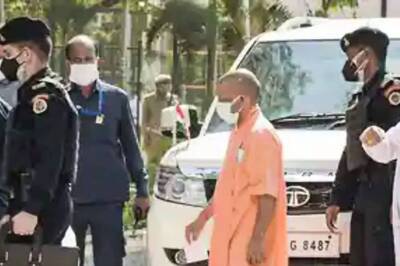

Comments
0 comment